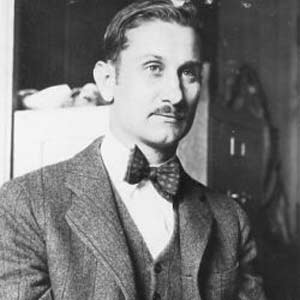Blum, Harold Francis (1899–1980)

Harold Blum was Professor of Biology at Princeton University who, in his Time's Arrow and Evolution1 (1951), argued that if life exists elsewhere in the Universe:
[I]t probably has taken quite a different form. And so life as we know may be a very unique thing after all, perhaps a species of some inclusive genus, but nevertheless a quite distinct species.
Pointing out the general tendency of the Universe to become more disorganized with time, in accordance with the second law of thermodynamics, he suggested that a system such as life which ran against this trend might be rare. Moreover, he adopted what would become the party line among evolutionary biologists in the era of space exploration, contrasting with the position of most astrobiologists, that (a) the appearance of life on Earth might have been due to a series of lucky accidents, and (b) that if it did evolve on other worlds it would be very unlikely to resemble any terrestrial variety. See evolutionary theory and extraterrestrial life.
Blum graduated from the University of California in 1922 and received his PhD from Harvard Medical School in 1927. His career in higher education included posts at Oregon, California, Temple, Columbia, Harvard, Princeton, the Naval Medical Research Institute, the National Cancer Institute and the State University of New York at Albany.
Reference
1. Blum, Harold F. Time's Arrow and Evolution, 3rd ed. Princeton, N.J.: Princeton University Press (1968) (first published 1951).


